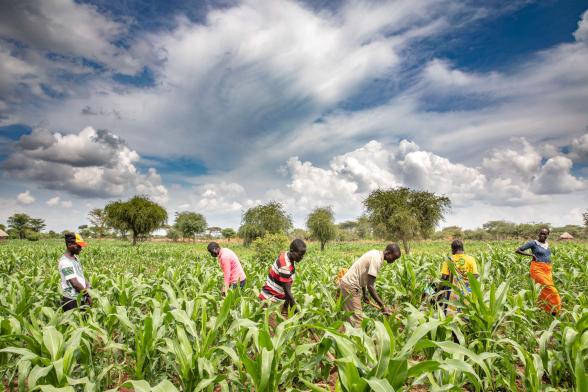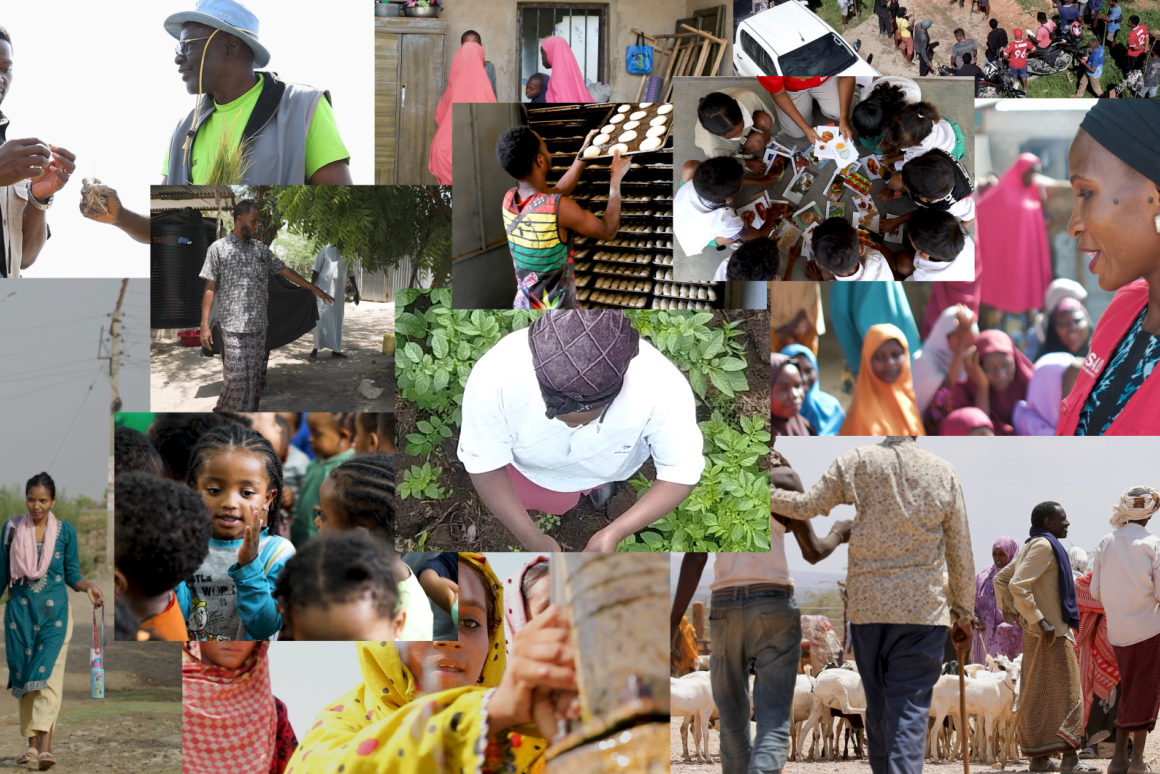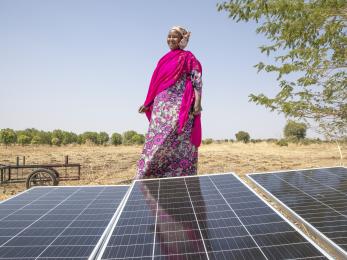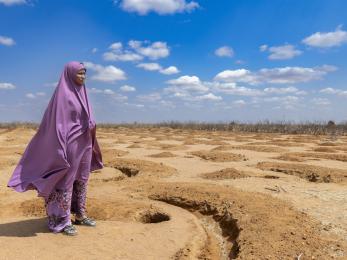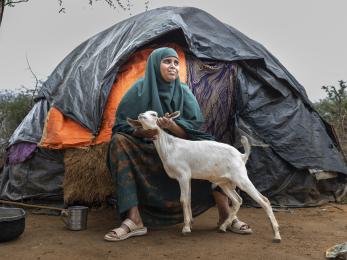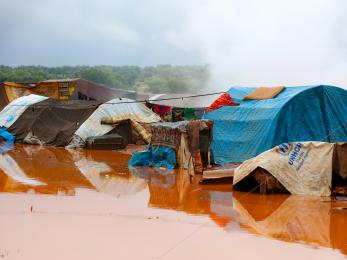Breadcrumb
Climate, environment, and energy
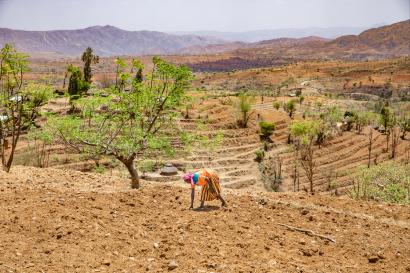
Extreme weather, climate-related disasters, and dire environmental conditions such as severe drought, flooding, and unexpected changes in rainfall patterns are devastating communities, weakening critical infrastructure, threatening lives and livelihoods, and forcing millions of people to leave their homes in search of safety and better opportunities. Mercy Corps helps people cope with the immediate impacts of climate-related events, adapt to changing conditions, and make a more resilient future possible.
The most vulnerable people in the world are disproportionately exposed to extreme weather events, more reliant on natural resources, and least able to cope with, and adapt to, negative environmental impacts. When farmers suffer from drought, communities face devastating floods year after year, or entrepreneurs don’t have sustainable electricity to power their businesses, more complex crises arise.
Addressing the underlying challenges of climate change, water security, natural resource management, and access to energy is critical to supporting people in fragile places to adapt their lives to new risks, while transforming communities and economies over time. That’s why we focus on climate solutions that deliver practical, meaningful change at the local level, then mobilize our global team to identify opportunities for scaling and replication worldwide.
In 2023, Mercy Corps launched the Climate: Possible campaign to help make a climate-resilient future possible for more communities around the world. Our Climate: Possible position paper series articulates proven and high-potential solutions to climate challenges, drawing on Mercy Corps’ extensive experience, evidence, and insights from operating in the most fragile, climate-vulnerable contexts.
-
5.9m
-
90%
-
860m
-
850m
Mercy Corps acts as a connector between siloed forces for change, helping government at all levels create policies and plans, while uniting local communities, forward-thinking corporations, and social entrepreneurs to achieve more than each could do alone. And while the countries where we work are not the leading contributors to climate change, we are working to ensure that green growth is prioritized as these countries develop economically.
Mercy Corps’ approach to low-carbon development is rooted in innovative, market-based energy programming that both reduces emissions and supports livelihoods. We’re doing this work with an eye on our own environmental impact. In 2021, Mercy Corps committed to cut its carbon footprint in half by 2030 and initiated several policy guidelines and commitments to reduce our carbon emissions, like powering field offices and operations with clean energy. We’ve also developed a centralized tracking system to monitor, track, and measure our global emissions.
In September 2021, Mercy Corps merged with Energy 4 Impact to create more opportunities to increase energy access and use for the communities that need them most, and to integrate energy into sectors such as agricultural development, economic growth, youth employment, humanitarian recovery, and climate resilience.
To learn more about our work, please visit our case study library or download our approach documents below:
